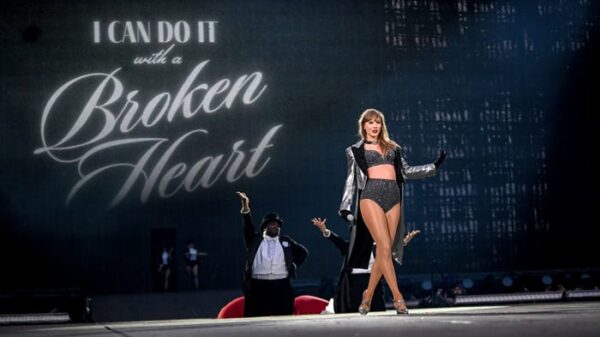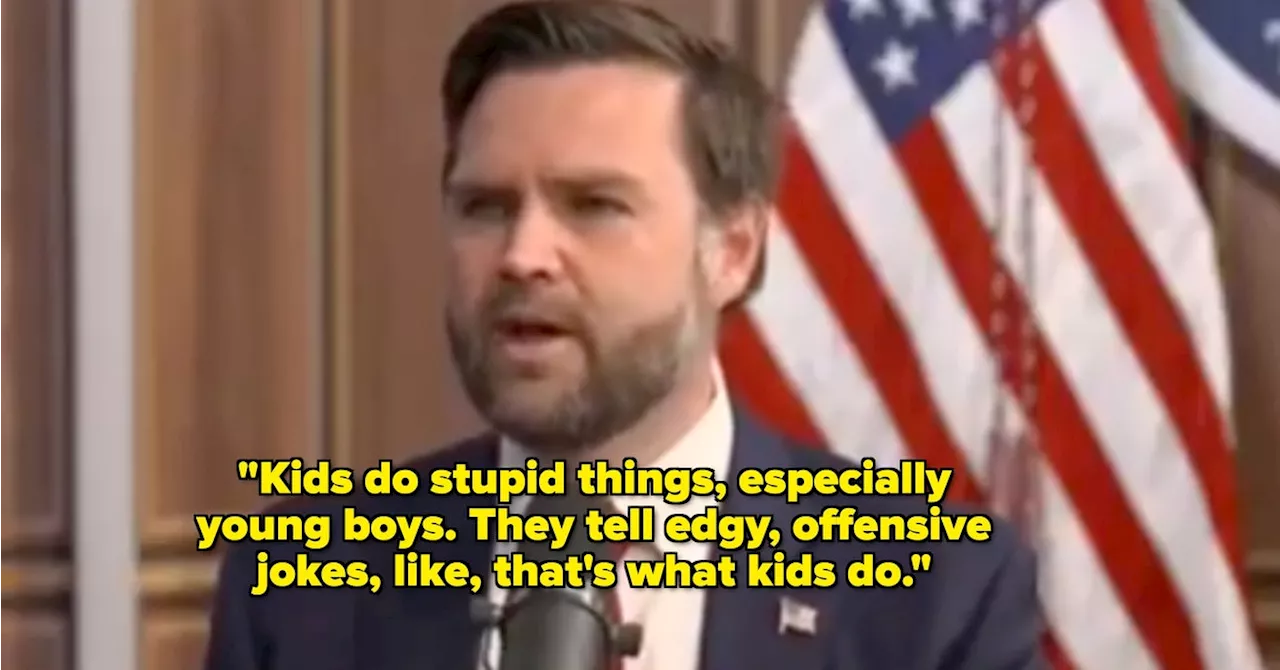Republican Senator JD Vance has drawn significant backlash for his defense of a recently leaked group chat involving members of the Young Republican National Federation. The leaked messages, revealed by Politico, contained a disturbing exchange featuring racial slurs, praise for Adolf Hitler, and other offensive comments.
The fallout from the chat has been severe, with several officials involved losing their positions or facing calls for resignation. Many state leaders have condemned the messages, which included discussions about political violence and derogatory references to various communities. In contrast, Vance responded by shifting the focus to Jay Jones, a Democratic candidate for Virginia Attorney General, who was criticized for his own leaked violent messages from 2022. Vance tweeted that Jones’s comments were “far worse than anything said in a college group chat,” arguing that the context of youthful indiscretion should be taken into account.
Vance characterized the Young Republican members as “a bunch of kids” making “stupid jokes,” stating, “I refuse to join the pearl clutching when powerful people call for political violence.” He emphasized that, at 41 years old, he has grown up in a different era and believes that people should not be permanently judged for the mistakes of their youth. “Kids do stupid things, especially young boys,” he commented, suggesting that society should not allow a single offensive joke to ruin a person’s life.
The senator’s remarks have sparked outrage among many, including members of his own party. Rep. Malcolm Kenyatta of Pennsylvania condemned the statements, highlighting the severity of the comments made in the group chat, which included references to sexual violence and racism. He emphasized that the individuals involved should not be welcomed in the Republican Party, stating, “Sick stuff.”
New York Governor Kathy Hochul also weighed in, calling for a more forceful condemnation of antisemitism, political violence, and racism. “The deflecting and nonstop excuses are unacceptable,” she stated. Many critics have pointed out the hypocrisy in Vance’s defense, noting that the party quickly condemned other instances of “stupid jokes” when they involved different contexts or individuals.
Critics have also highlighted that the Young Republican National Federation is targeted at individuals aged 18 to 40, arguing that many participants in the chat are not simply “kids” but are instead the future leaders of the Republican Party. Vance’s dismissal of the severity of the situation has been met with skepticism, with some questioning whether he would afford the same leeway to young people discussing sensitive topics like the Israel-Palestine conflict.
The controversy surrounding Vance’s comments continues to unfold, raising questions about accountability and the standards to which political leaders are held. As discussions around political rhetoric and the impact of social media persist, many are calling for a more nuanced approach to understanding youthful indiscretions versus the serious implications of racist and violent speech.





































































